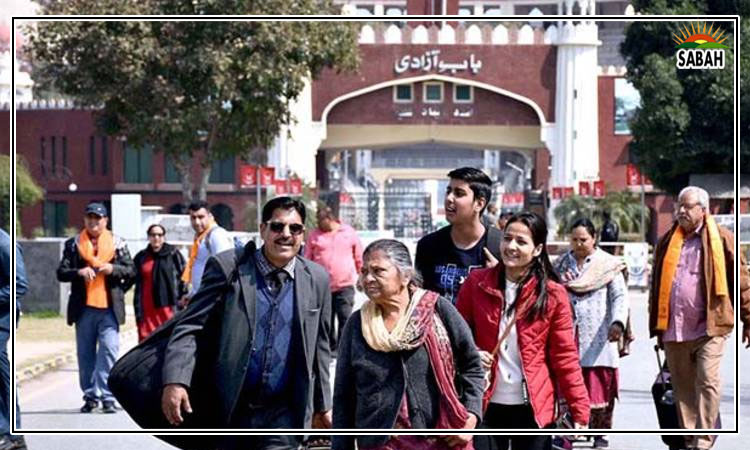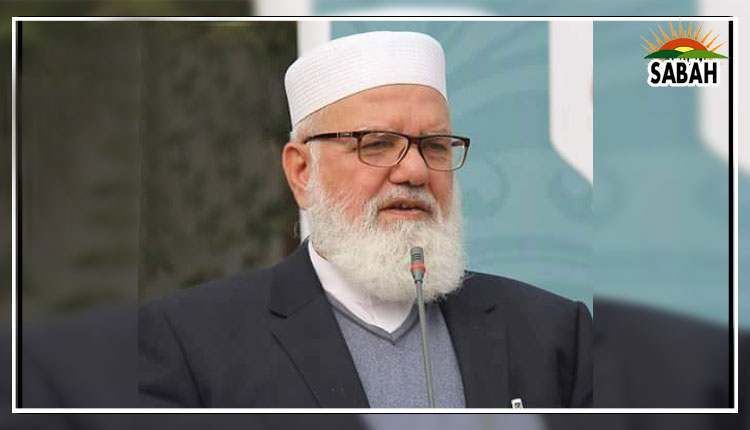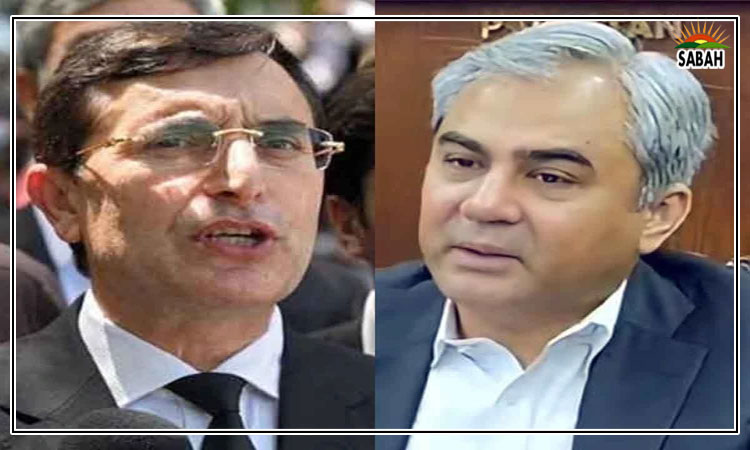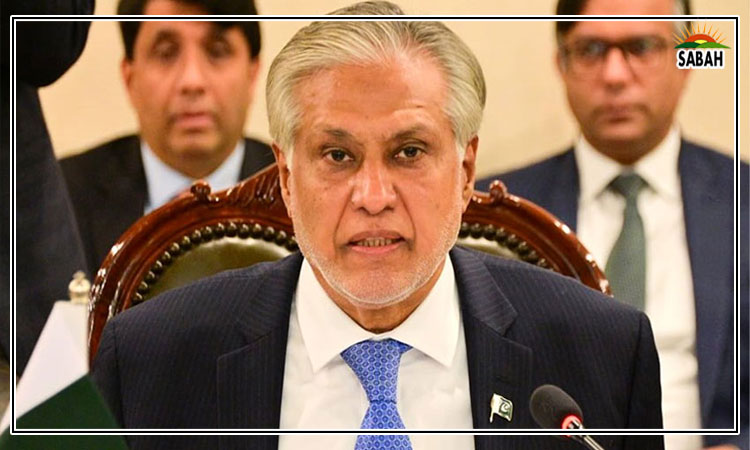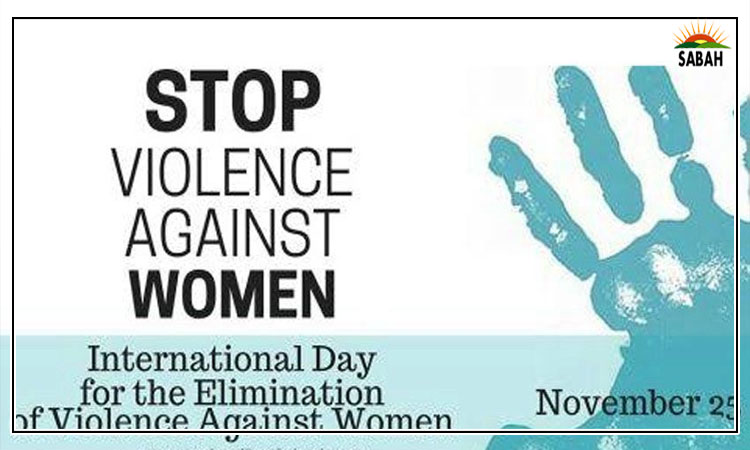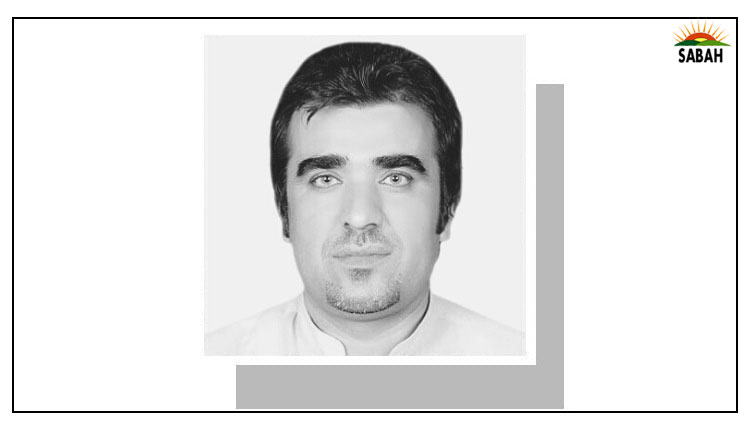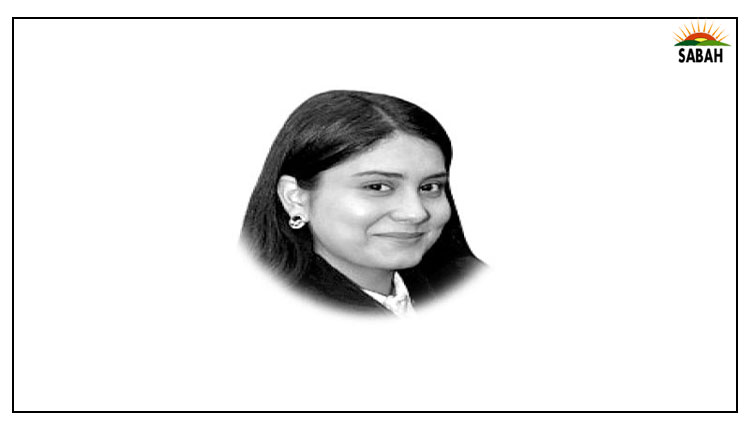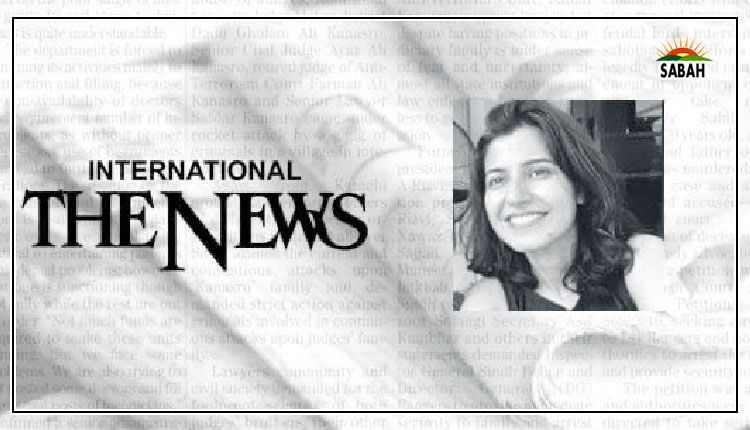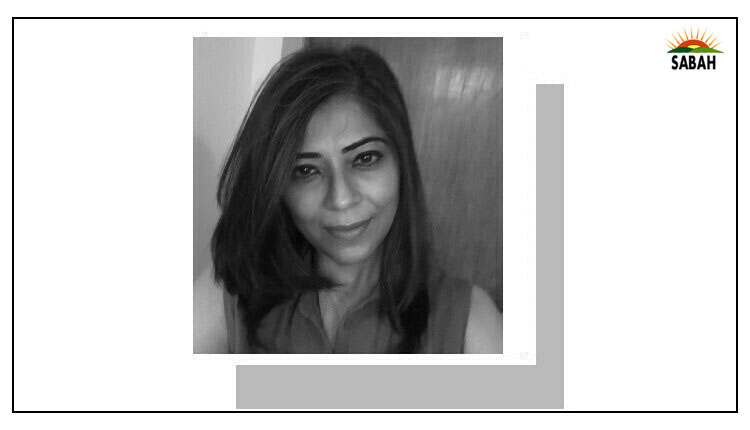Saturday night fever…Arifa Noor
THE Supreme Court maintained its time-honoured tradition of doling out justice on the eve of an election, which will eventually affect the entire exercise.
On Saturday night, the court decided the PTI had not held proper intra-party elections and could, therefore, no longer take part in the general election as a party. This is not the first time our judges have yielded such influence, and neither will it be the last.
The PTI will now be taking part in the next election with far more disadvantages than just the absence of a common symbol. Consider: in each constituency, the voters will have to remember the correct symbols for the PTI National Assembly candidate and the provincial assembly candidate both will be different.
This will not be easy, especially in the rural constituencies, where literacy rates are low. As a result, the room for mistakes and rejected votes will increase.
Once these candidates get to parliament if they survive the ongoing harassment, in addition to the absence of the balla they will not be bound by any party discipline if they choose to stay independent (though there is little guarantee they will be allowed to form a group once elected).
Their voting, too, will not be controlled by a party leadership, and they can choose any candidate for chief minister or prime minister, and from any party. As journalist Maria Memon tweeted on Sunday, Yesterdays historic judgement by the SC might have unintended consequences beyond its effect on PTI. Is the door now open for a non-PML-N chief minister in Punjab?
The party will also not be able to get its quota of indirectly elected seats after the election. The battle is thus more than uphill for the party.
For many younger Pakistanis, the heavy-handedness is new and the PTI its first victim.
Indeed, that this coming election will be unfair and unfree has been lent more credence after Saturdays decision. Along with the arrests, disappearances and general harassment, only the parties in power after Feb 8 will now consider this a legitimate exercise.
And while there are many who point to past injustices under martial laws, what they tend to forget is that for the young population of Pakistan, which can at best remember Musharraf, the current times present a turning point. Other than those who study it, history can perhaps be no match for lived experience; and this is why, for many younger Pakistanis in some parts of the country, the heavy-handedness is new and the PTI its first victim. This perception will be hard to dislodge.
To return to the PTI, these heavy-handed tactics have done a greater disservice to more than just the party and its supporters. The crackdown, which culminated with the decision on the party symbol, has left a sense that the PTIs popularity was so unprecedented that it required a dismantling, which, too, was excessive. If in 2018 it was sufficient to disqualify and imprison the party leadership, this time around individuals were picked up and forced to renounce the party, campaigning was disallowed and its symbol taken away.
This aggression has simply established the PTIs popularity as unmatched, even before an election result could prove it. Consider what this means for other parties in the running.
More than tarnishing the election, this has also tarred the PML-N and its possible victory (or of the PPP, if it wins any significant seats in Punjab). Whatever the result of the election, the winning party will be seen to be the one cruising to victory only because the god of winds was puffing hard at their sails. Those behind the helm will get little credit.
To repeat for the umpteenth time, such a government will hardly be able to govern and deliver. Power will lie with those who did the huffing and puffing. This is all the more certain given the lawmaking the PDM government had done during its last days in power. With the SIFC seen as the decision-making centre, the next prime minister, like all previous interior ministers, will have to spend much time worrying about Islamabad and ordering CDA around.
More than that, though, it is intriguing what impact this will have on the party and its voter base beyond the short term. Will the party need to pick a fight with the establishment to regain its popular base again? Or will its time in power allow it to strengthen its patronage links in Punjab? The future of the PML-N remains as unclear as the winter sky in Lahore.
But unlike the PML-N, the fate of the Supreme Court is perhaps more evident. The decision that came on Saturday will be remembered for long for the role it played in weakening democracy, while the current chief justice will be remembered more for this decision than any of the ones that have come from the court since his ascension.
If in the recent past, constitutional provisions introduced by dictators were used to disqualify politicians, this decision, arguably, didnt just take a small step, but a giant leap to disenfranchise the voters of a political party. And I wouldnt even believe a soothsayer if he or she said on national television that this judicial precedent will not be used again. After all, Jehangir Tarin was disqualified merely months after Nawaz Sharif.
We have just been delivered our latest version of 58 (2)(b).
Postscript: It is interesting to note that there are growing whispers that this election will lead to an unstable regime which will not last very long. While some are predicting a few months, the more optimistic accounts tend to speak of a year or two. It is hard to remember the last time such rumours began even before the election took place.
Courtesy Dawn


